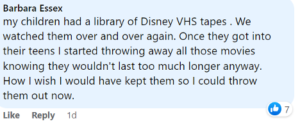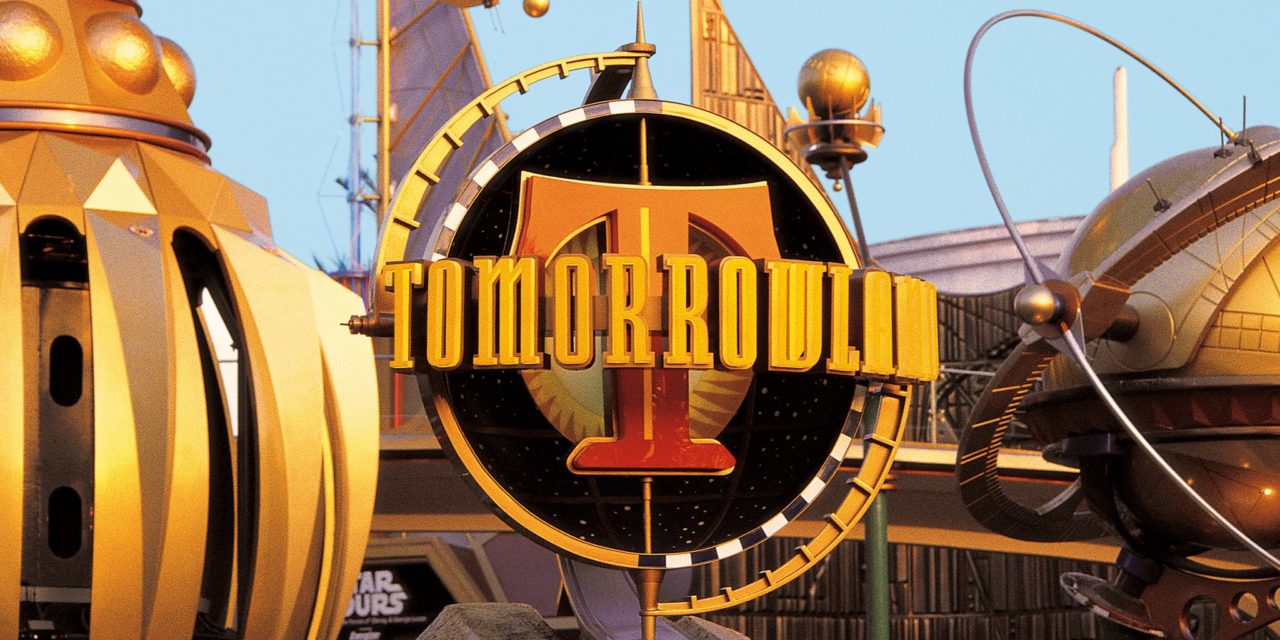When Tomorrowland opened in California’s Disneyland in 1955, it included attractions that focused on Walt Disney’s vision of what the future might hold – a Rocket to the Moon, Astro Jets, Monsanto Hall of Chemistry and the Hall of Aluminum Fame (I bet that was a rip-roaring adventure!).
Tomorrowland did not have any exhibits or rides that speculated on future potential changes in relational and sexual values. It’s doubtful that anything like our current brave new sexual world, with its panoply of broken relationships, “sexual orientations” and “gender identities,” ever even crossed Walt Disney’s mind.
It’s also doubtful that Walt envisioned a future where schools would teach children that they might identify as a boy, a girl, neither, both, genderqueer, or one of the hundreds of identities newly minted by gender activists.
It’s doubtful that he could have foreseen a future where schools would teach five-year-old children that there are myriad sexual orientations. Or that his company would support this instruction and oppose parental rights in education.
Nor could he have anticipated that the company he founded would push this sexual ideology on children and families with cartoons, television series, movies, merchandise and Pride Days at theme parks.
Yet that is where The Walt Disney Company is today, supporting and advocating for a world where children are taught a destructive and damaging sexual ideology.
Consumers don’t like what they see, and they are responding: A new poll from the Trafalgar Group shows 68.2% of consumers are less likely to do business with Disney.
In a survey of 1,079 people from April 5 to April 8, the polling organization asked this question, “News reports reveal Disney is focusing on creating content to expose young children to sexual ideas. Does this make you more or less likely to do business with Disney?”
The survey revealed that only 9.4% or respondents were more likely to do business with the company.

In addition, the survey asked, “How likely are you to support family-friendly alternatives to Disney?” Just over 69% said they were somewhat or very likely to do so, while only 31% said they were unlikely to support family-friendly alternatives.

Those polled were “likely general election voters” and a report broke down responses by political affiliation, ethnicity, age, and sex. All groups were less likely or much less likely to do business with Disney.
The poll was taken after Disney President Bob Chapek, under pressure from LGBT-identified employees and their supporters, publicly opposed Florida’s Parental Rights in Education law.
The law simply acknowledges what the U.S. Supreme Court has ruled many times: Parents have the fundamental “to direct the care, education and upbringing of their children.”
The law protects children from inappropriate discussions of “gender identity” and “sexual orientation” in kindergarten through 3rd grade, and it requires school employees to tell parents if their child is struggling with physical, mental or emotional problems.
The poll also came after Christopher Rufo, journalist, filmmaker and senior fellow at the Manhattan Institute, reported that “the entertainment company pledges to embed radical sexual politics in its children’s programming.”
Rufo revealed video showing that “Disney executives organized an all-hands meeting, called the ‘Reimagine Tomorrow Conversation Series,’ and pledged to mobilize the entire corporation in service of the ‘LGBTQIA+ community.’”
The parental rights activist writes:
Executives recruited the company’s most intersectional employees, including a “black, queer, and trans person,” a “bi-romantic asexual,” and “the mother [of] one transgender child and one pansexual child,” and announced ambitious new initiatives – seeking to change everything from gender pronouns at the company’s theme parks to the sexual orientation of background characters in the company’s films.
In addition to the survey, anecdotal evidence on social media shows disappointment with and anger toward the corporation. Here are just a few responses to posts on Disney’s Facebook page:



In addition to pushback on Facebook, the phrase “Disney Groomer” was trending on Twitter on Sunday, April 10, after Jack Posobiec, senior editor at Human Events, was temporarily locked out of Twitter for calling Disney “groomers.”
Posobiec had tweeted about internal Disney employee messages that showed support for the Parental Rights in Education law. He also offered stickers and shirts that parodied the Disney logo and said, “Boycott Groomers.”
The editor celebrated his return to Twitter, after his brief ban, with this tweet, which has not yet been blocked by Twitter:
I had a lot of time to think about what I wanted to say when Twitter let me back on and here is my official statement on the matter: pic.twitter.com/goxaty2rkV
— Jack Posobiec 🇺🇸 (@JackPosobiec) April 11, 2022
Related articles and resources:
Breaking News: Florida ‘Parental Rights in Education’ Bill Signed Into Law
Disney Merchandise Promotes and Supports LGBT Organizations for ‘Pride Month’
Disney Shareholder to CEO Bob Chapek: Stay Out of Politics and Get Back to Storytelling
Gay Disney Employee Explains Why Disney Wokeness Doesn’t Speak for Him and His Friends
The Sad Collapse and Corruption of Disney’s (Woke) World
Walt Disney’s Dream Has Gone Up in Smoke, From Wonderful to ‘Woke’
Photo from Facebook.






